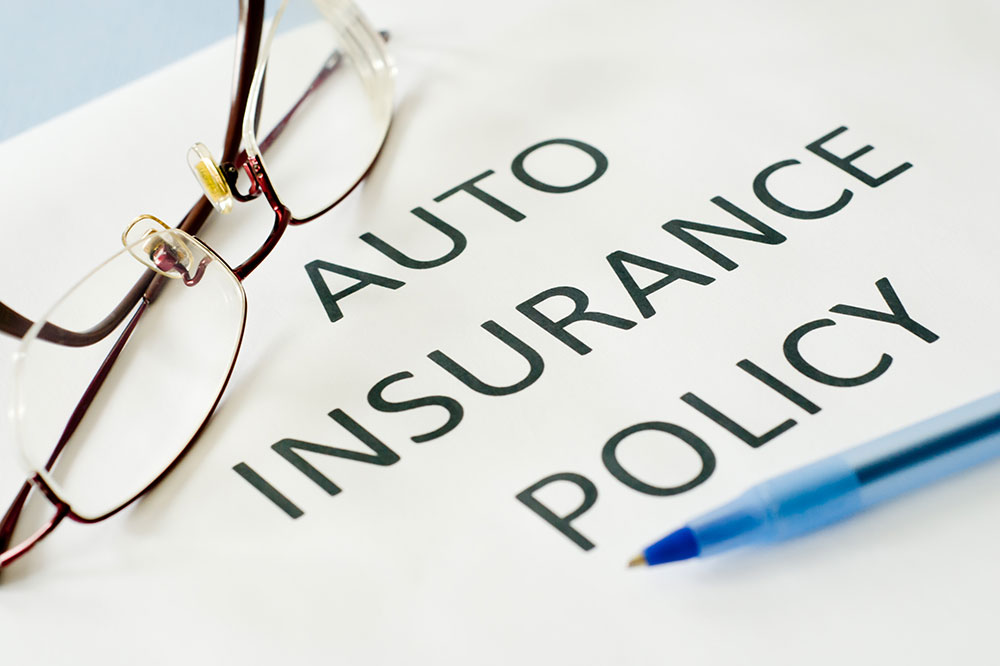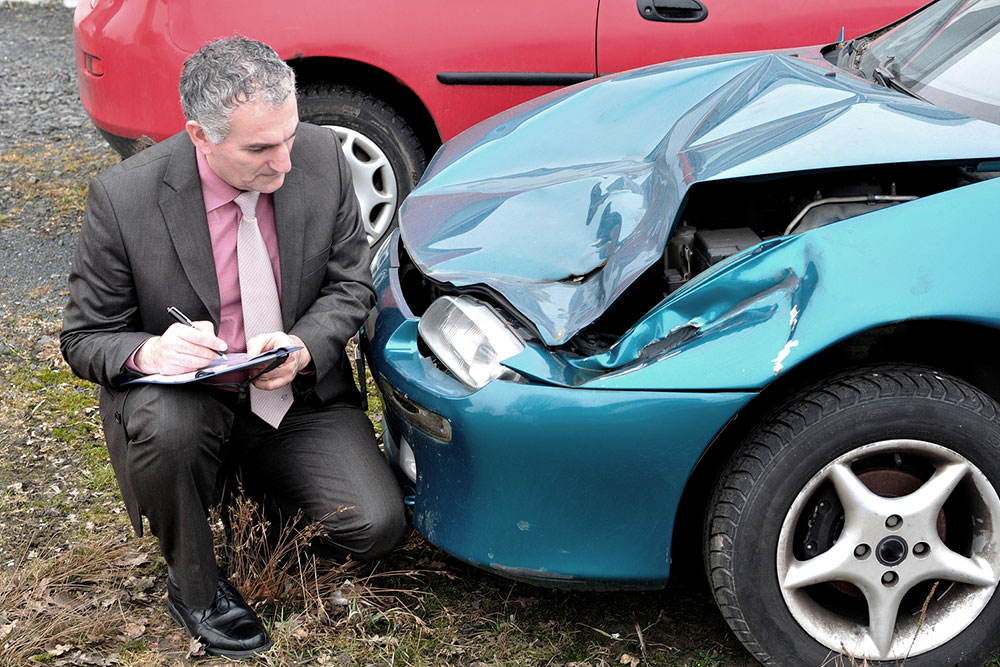Comprehensive Guide to Auto Insurance: What Every Driver Needs to Know
Discover a comprehensive overview of auto insurance, including liability, uninsured motorist, comprehensive, and collision coverage. Learn how to select the right policies to protect yourself financially and legally while driving. This guide explains essential coverage options, their benefits, and tips for choosing the best auto insurance plan tailored to your needs for peace of mind on the road.

Comprehensive Guide to Auto Insurance: What Every Driver Needs to Know
Auto insurance is an essential requirement for anyone who owns or operates a vehicle, ensuring financial security in the face of unforeseen incidents on the road. In many regions, it’s legally mandated to have at least basic auto coverage before you can drive legally. While this might seem straightforward, understanding the nuances of what each policy covers can be complex. This extensive guide aims to demystify auto insurance, explaining the different types of coverage, their benefits, and how to choose the best policy tailored to your needs.
Liability Insurance
Liability insurance is the cornerstone of any auto policy. It covers the costs associated with damage or injuries you cause to other people or their property during an accident. This coverage is mandatory in nearly all states and is designed to protect you financially from legal claims or lawsuits that might arise following an accident. The liability portion typically includes bodily injury liability, which pays for medical expenses, lost wages, and pain and suffering of injured parties, and property damage liability, which covers repair or replacement costs for damaged property. Knowing the minimum liability limits required by your state is critical, but it’s often advisable to consider higher coverage limits for greater protection.
Coverage for Uninsured and Underinsured Drivers
Despite legal requirements, many drivers still operate vehicles without adequate insurance. Accidents involving uninsured or underinsured motorists can leave victims with substantial expenses. To address this, many policies include uninsured/underinsured motorist coverage. This coverage steps in when the at-fault driver lacks sufficient insurance, ensuring you’re protected from significant out-of-pocket costs for damages and injuries. Given the prevalence of uninsured drivers, this coverage has become an essential component of comprehensive auto insurance plans.
Comprehensive and Collision Coverage
While liability insurance protects others, comprehensive and collision coverage safeguard your own vehicle. Comprehensive coverage pays for damages resulting from theft, vandalism, fire, natural disasters like floods or storms, falling objects, and other non-collision related events. It’s especially crucial for drivers in areas prone to such risks. Collision coverage, on the other hand, repairs or replaces your vehicle after an accident involving another vehicle or an object, regardless of who was at fault. Both coverages are often mandatory for leased or financed vehicles and can be tailored with deductibles, coverage limits, and additional benefits such as towing assistance, rental reimbursement, and roadside help.
Understanding your insurance policy thoroughly is vital to ensuring you’re adequately protected. Factors such as deductibles—what you pay out of pocket before coverage kicks in—coverage limits, and special endorsements can significantly affect your claims process and overall costs. Always review your policy carefully and consult with your insurance provider to clarify any uncertainties. Remember that auto insurance policies often vary based on individual circumstances, including driving history, vehicle type, location, and personal preferences, so choose coverage options that best fit your lifestyle and financial situation.
In summary, auto insurance is a critical safeguard for drivers, offering peace of mind and financial protection against the unpredictable nature of road accidents. Understanding the different coverage types—from liability to comprehensive and collision—helps you make informed decisions. By comparing policies, considering your specific needs, and consulting with professionals, you can secure a plan that offers optimal protection at a competitive price. Staying informed and proactive about your auto insurance coverage is the best way to ensure your safety, legal compliance, and financial security when you’re on the road.





